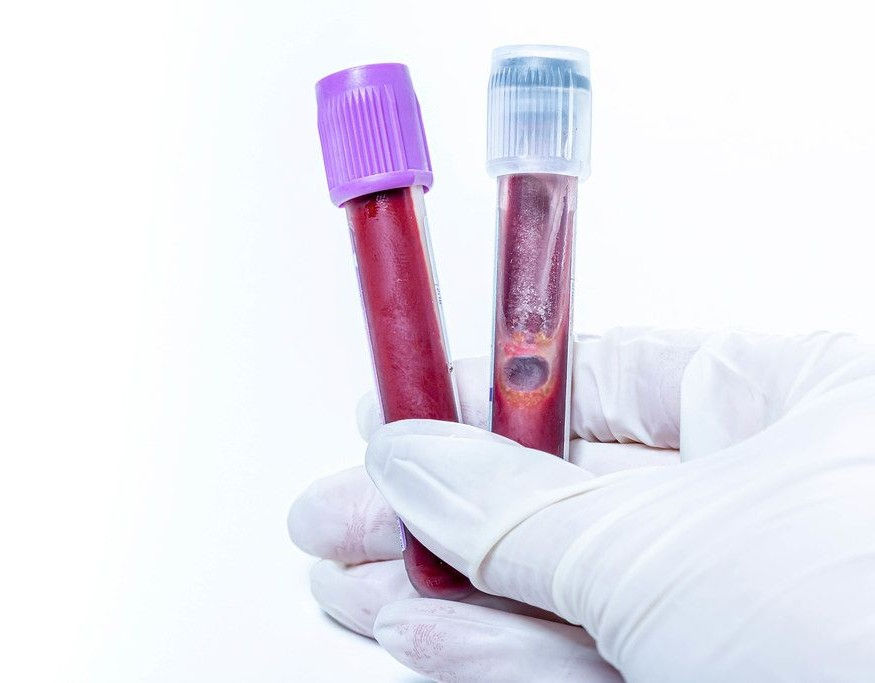Long Covid Patients Say They’ve Been Gaslit By Doctors, New Study Warns
- Natalie Frank
- Aug 22, 2025
- 3 min read
Patients with long Covid report feeling dismissed, unheard, and forced to self-diagnose in a broken healthcare system
Natalie C. Frank, Ph.D August 22, 2025
![Choose Help [CC BY 3.0]](https://static.wixstatic.com/media/1de624_5e37ad5a15804c7cbf12b08d176e3f68~mv2.jpg/v1/fill/w_900,h_600,al_c,q_85,enc_avif,quality_auto/1de624_5e37ad5a15804c7cbf12b08d176e3f68~mv2.jpg)
SURREY, ENGLAND - A new study conducted at the University of Surrey has discovered a problematic reality for people living with long Covid. Many of them say their concerns and symptoms have been dismissed over and over again as a part of medical gaslighting carried out by their health care providers.
Researchers interviewed 30 participants between the ages of 25 and 62, recruited from online support groups for long Covid. The results indicated pattern of patients relying heavily on self-monitoring technologies such as smartwatches, fitness trackers, and phone apps, to track symptoms, gather evidence, and demand diagnostic tests that doctors were reluctant to conduct.
Dr. Sazana Jayadeva, a research fellow at the University of Surrey and co-author of the study, said the results demonstrate a systemic failure in how the medical establishment responds to controversial illnesses, in particular, long Covid. “We found that people with long Covid are often led to fend for themselves in a system that isn't adequately informed about their condition and doesn't offer them appropriate medical support,” she explained. Dr. Jayadeva argued that a cultural shift in medicine, in particular how physicians view patients self-reports, is long overdue.
The condition of long Covid itself remains ambiguous and hard to pin down due to the different symptom patterns that exist, with no cure and no universally accepted test. Experts have identified more than 200 symptoms associated with long Covid, though fatigue, breathlessness, joint pain and cognitive issues, often described as “brain fog”, are the most commonly reported.
The study found that 12 participants described relatively smooth experiences in securing a diagnosis. For the rest, however, the process was far more difficult. Many reported being blocked or second-guessed by physicians, a phenomenon researchers described as “gatekeeping.” The problem was particularly acute for those who developed symptoms in 2020, when long Covid was poorly understood and often outright dismissed.
Conducted in collaboration with the University of South Wales in Sydney and approved by the ethics board at the University of Cambridge’s Department of Sociology, the research also examined the role of online patient communities in those with long Covid. These groups, the study noted, were central in encouraging the use of self-tracking technology. Patients said the hard data from wearables gave them more confidence to advocate for themselves, yet many felt their evidence was brushed aside by clinicians despite being supported by objective measures.
“We urge practitioners to treat patient-generated data as a valuable resource,” Dr. Jayadeva emphasized. “Without this shift, patients with contested illnesses like long Covid risk remaining stuck in a system where they have to be their own doctors.”
For advocates, the results of this study paint a picture of a healthcare system lagging behind reality, by physicians refusing to use patients own self perceptions in a collaborative manner, leading to patient mistrust and poor communication.
Long Covid patients are not only battling unpredictable, debilitating symptoms, but also fighting to be believed in clinical settings. The study underscores the emotional and psychological burden of repeatedly having to prove an illness that is already exhausting, painful and frustrating to endure.
Published in Sociology, a flagship journal of the British Sociological Association, the study sends a strong message: the experience of long Covid sufferers must be taken seriously, and the medical community must adapt if it hopes to regain the trust of those living with this life-altering condition. The days of physicians being the all knowing expert are over as patients are taking more responsibility for their own health and not just letting their health care provider tell them what they are and aren't experiencing, including at times suggesting that for various reasons the patient has created the illness in their mind.






